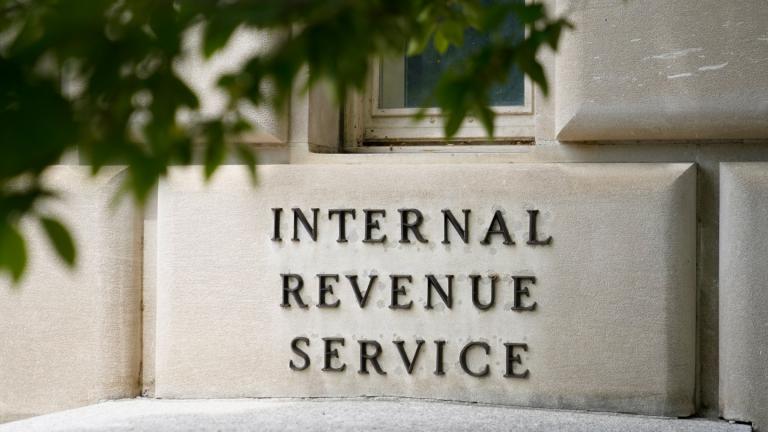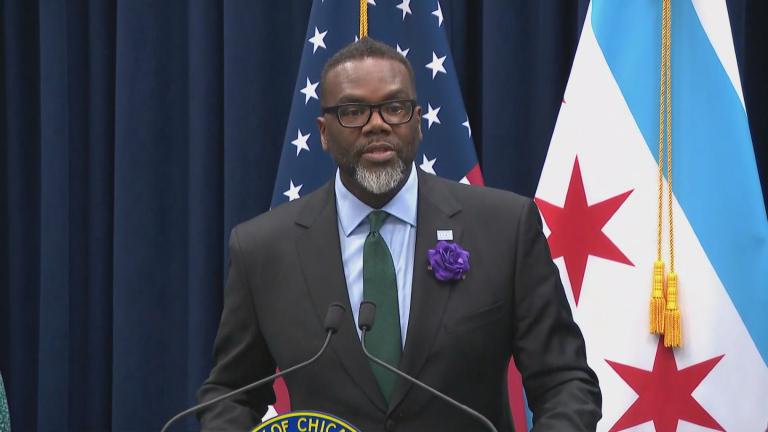A bombshell report from ProPublica based on a vast trove of leaked tax returns of the super wealthy in the United States has revealed that some of the richest men on the planet pay little to no income tax.
The report found that the 25 richest Americans, including the likes of Amazon’s Jeff Bezos and Tesla’s Elon Musk, collectively paid what it called a “true tax rate” on their wealth of just 3.4%, even as their fortunes grew by billions.
Sen. Bernie Sanders said he wasn’t shocked by the report when it was released last week.
“We have a regressive and unfair tax system. We have a corrupt political system in which the wealthy are able to make huge campaign contributions and have all kinds of lobbyists here on Capitol Hill,” the Vermont independent said. “And then if you are rich, unlike an ordinary working person, you have dozens of lawyers and accountants helping you take advantage of every loophole that is out there.”
The key to understanding how billionaires are able to legally pay so little in income tax compared to their massive fortunes is that the tax code is focused on income and not wealth.
Northwestern University law professor and expert in tax law Charlotte Crane says the most common method used to avoiding paying taxes “is simply to be wealthy and then hold that wealth in forms that don’t pay interest or dividends but which creditors are willing to take as security.”
That allows wealthy individuals to borrow against their wealth. And since borrowed money does not count as income, the wealthy can live lavish lifestyles while reporting no income to the IRS.
Crane says one of the problems with trying to tax the ultra-rich is that unless the assets that make up the bulk of their wealth are publicly traded, accurately assessing their value is difficult unless an asset is actually sold. Since many of the assets held by the wealthy are not publicly traded – and sometimes not even disclosed – assessing their value and the change in that value over time for tax purposes is often impossible for the IRS.
“You’ve got a real problem in measuring that change of value,” said Crane. “And the richer you are the easier it is to muddy up what that change in value might be.”
Crane, who worked in the IRS chief counsel’s office from 2010 to 2011, said the increasing complexity of the tax code means that IRS auditors are often outfoxed by the accountants of the wealthy. By the IRS’s own estimates, at least $400 billion in taxes goes uncollected each year and it says that figure may even be as high as $1 trillion, according to testimony before the Senate Finance Committee in April.
From her time with the IRS, Crane said: “It was quite clear that they did not have the resources to train even the lawyers who were supposed to be helping the auditors understand how these things were supposed to work.”







